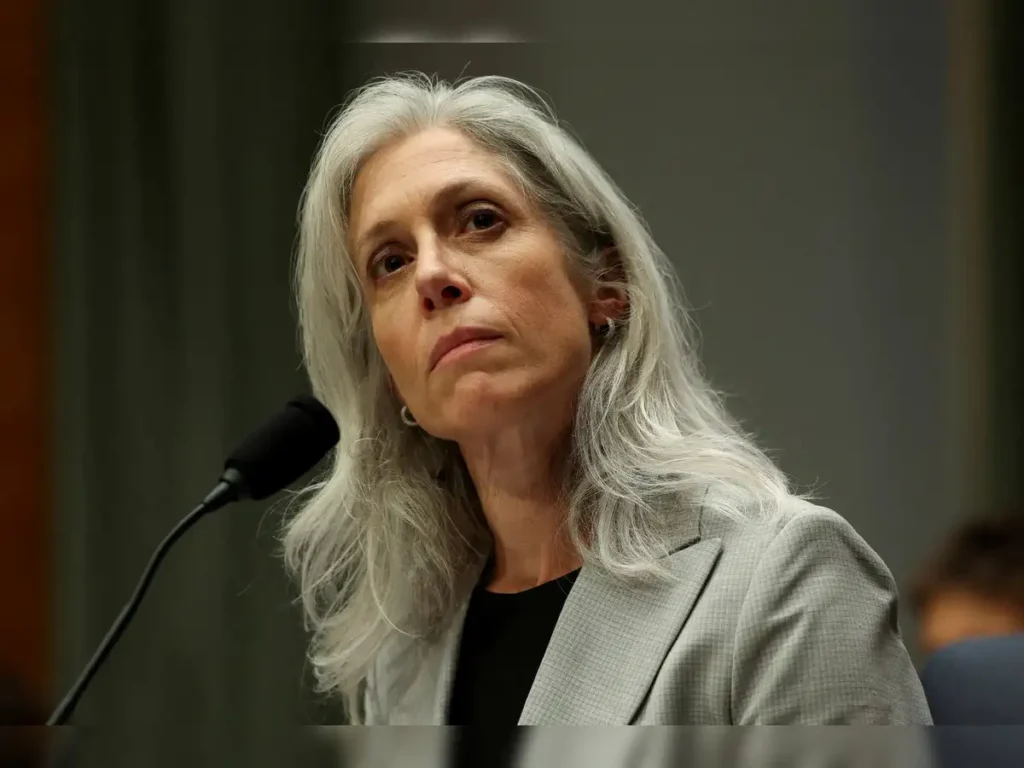In a dramatic turn of events, Dr. Susan Monarez has been removed from her position as Director of the Centers for Disease Control and Prevention (CDC), just weeks after her Senate confirmation. The abrupt dismissal has raised questions about the politicization of public health agencies and the future direction of U.S. health policy.
Background: A Swift Appointment and Sudden Departure
Dr. Susan Monarez, a seasoned public health expert, was appointed as CDC Director by President Donald Trump in March 2025. Her confirmation by the Senate in July marked a significant moment, as she became the first non-physician to lead the agency in over five decades. However, her tenure was short-lived.
On August 27, 2025, the Department of Health and Human Services (HHS) announced that Monarez was “no longer director” of the CDC. The announcement followed her refusal to resign amid mounting pressure from HHS Secretary Robert F. Kennedy Jr. Monarez’s legal team contends that only President Trump has the authority to remove a Senate-confirmed appointee, challenging the legality of her dismissal.
The Dispute: Vaccine Policy and Public Health
The conflict between Monarez and Secretary Kennedy centered on vaccine policy. Kennedy, known for his vaccine skepticism, had been advocating for significant changes to the CDC’s approach, including limiting COVID-19 vaccine eligibility and restructuring the agency’s vaccine advisory panel. Monarez opposed these changes, arguing that they undermined scientific integrity and public trust.
The situation escalated when Monarez allegedly contacted Senator Bill Cassidy to express her concerns about the proposed policy shifts. This move was perceived as a breach of protocol, leading to further tensions with Kennedy and other HHS officials.
Fallout: Resignations and Institutional Turmoil
Monarez’s ousting triggered a wave of resignations within the CDC. At least four senior officials, including Dr. Debra Houry, Dr. Demetre Daskalakis, Dr. Daniel Jernigan, and Dr. Jennifer Layden, stepped down in protest. They cited concerns over political interference, the spread of vaccine misinformation, and the erosion of scientific standards within the agency.New York Magazine

Public health experts warn that these developments could have long-term implications for the CDC’s credibility and effectiveness, especially during ongoing health crises.
Legal and Political Implications
The legality of Monarez’s dismissal remains a contentious issue. Her attorneys argue that only President Trump has the constitutional authority to remove a Senate-confirmed appointee, not HHS Secretary Kennedy. They have notified the White House Counsel of their position, asserting that Monarez remains the rightful CDC Director.
This legal dispute adds another layer of complexity to an already volatile situation, with potential ramifications for the separation of powers and the independence of public health agencies.
Looking Ahead: The Future of the CDC
As the CDC grapples with internal upheaval, the question arises: What does the future hold for the agency? The departure of experienced leaders and the ongoing policy disputes could hinder the CDC’s ability to respond effectively to public health emergencies.
The Biden administration, which has been critical of the Trump administration’s handling of public health, may face increased scrutiny over its approach to the CDC and its leadership.
Conclusion
The removal of Dr. Susan Monarez as CDC Director underscores the deepening divide over vaccine policy and the role of science in public health decision-making. As the legal challenges unfold and the agency seeks new leadership, the nation watches closely, hoping for a resolution that prioritizes public health over political agendas.
Do Follow USA Glory On Instagram
Read Next – DOGE Social Security Data Breach: Whistleblower Exposes Risk to Millions






